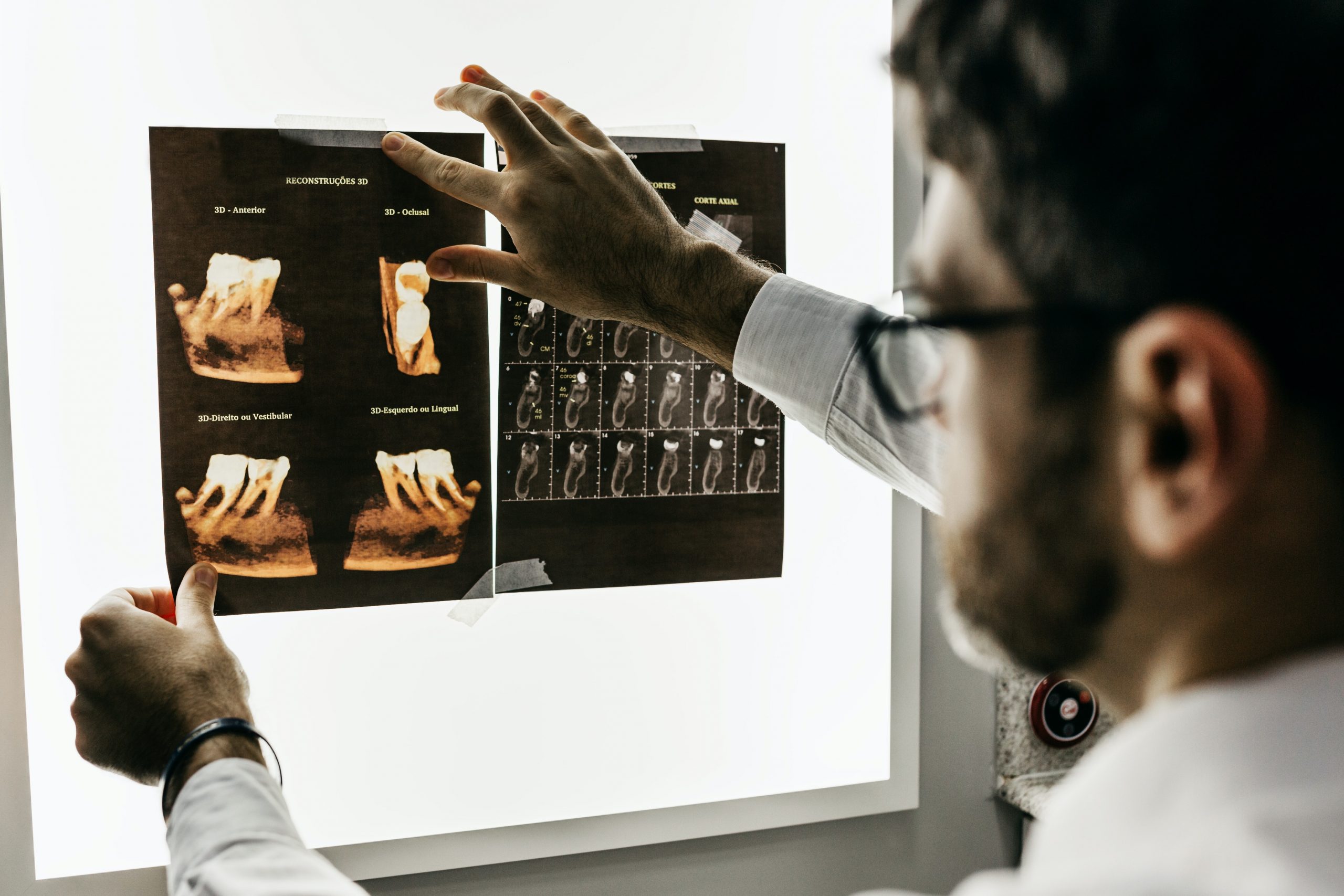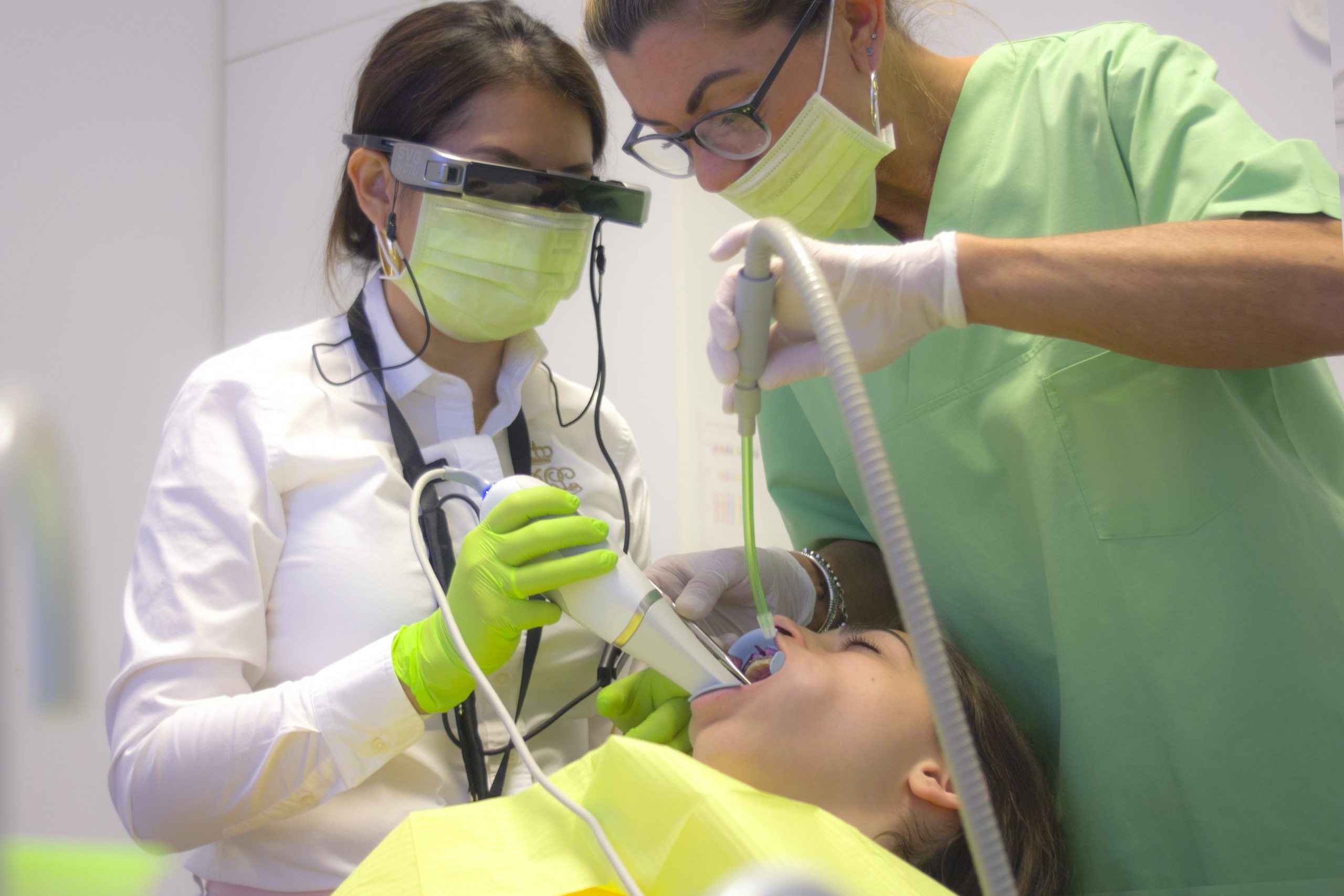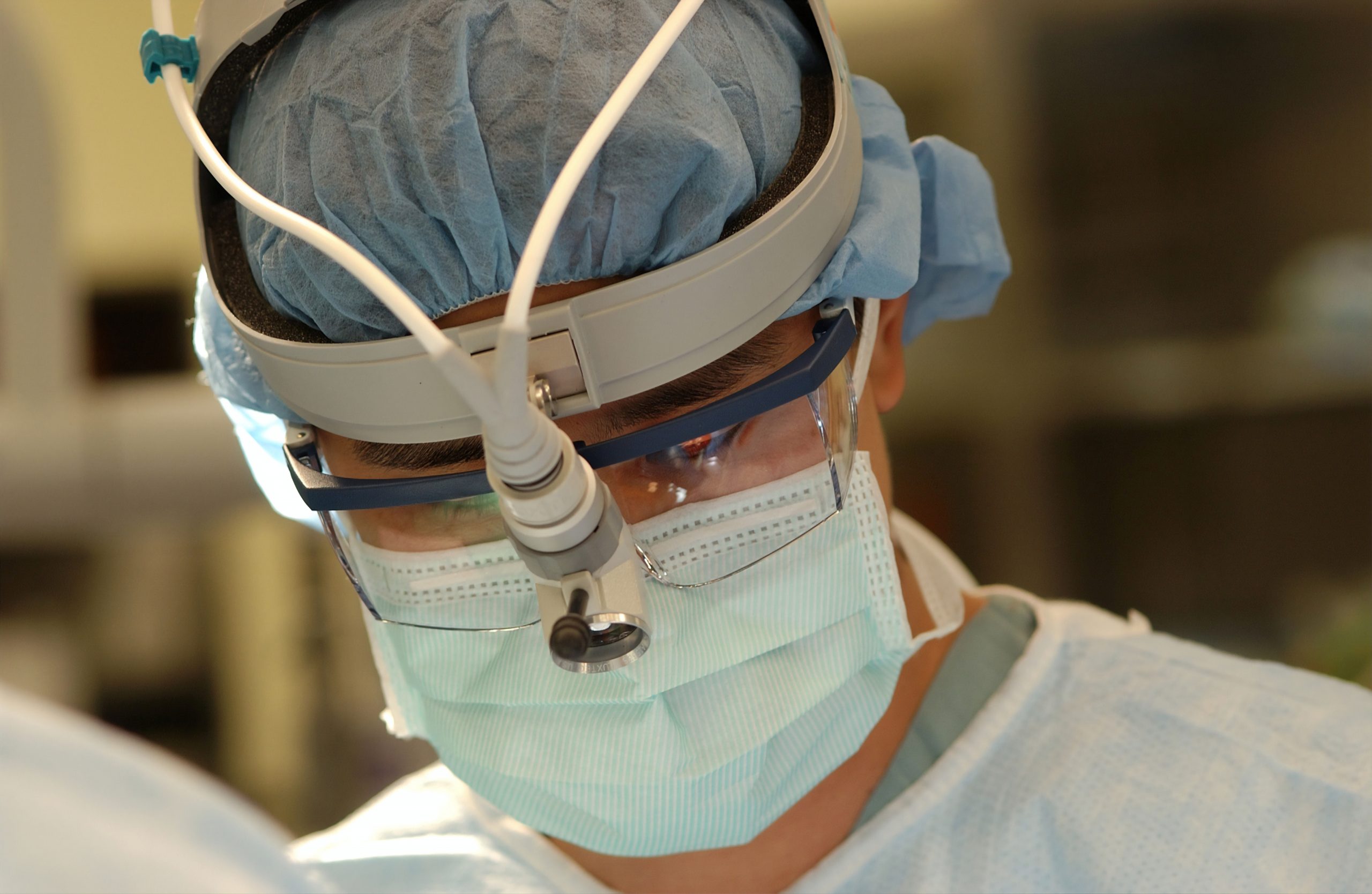
Factors associated with sports-related dental injuries among young athletes
Young athletes are vulnerable to dental injuries while playing sports. These injuries can cause pain, discomfort, and long-term dental problems. Sports-related dental injuries, such as tooth fracture, loosening, and avulsion, are a major concern among young athletes because they directly impair oral function.
Risk Factors
Several risk factors can lead to sports-related dental injuries among young athletes. These include:
1)Contact Sports: Contact sports such as football, basketball, and soccer carry a higher risk of dental injuries than non-contact sports such as swimming and gymnastics. The high physical contact involved in these sports makes them more dangerous for athletes.
2)Lack of Protective Gear: The use of protective gear is essential for reducing the risk of dental injuries. Athletes who do not wear mouthguards or other protective gear while playing sports are at a higher risk of dental injuries.
3)Age: Younger athletes are more vulnerable to dental injuries than older athletes. This is because their teeth and jaws are still developing, and they may not have fully developed their reflexes.
4)Gender: Male athletes are more likely to suffer dental injuries than female athletes. This is because male athletes tend to participate in more contact sports, and they may be more aggressive on the field.
5)Poor Dental Health: Athletes with poor dental health, such as cavities or gum disease, are more likely to suffer dental injuries. These conditions weaken the teeth and make them more vulnerable to damage.
Prevention
Several measures can be taken to prevent sports-related dental injuries among young athletes. These include:
1)Use of Mouthguards: Mouthguards are essential for reducing the risk of dental injuries. Athletes should wear custom-fitted mouthguards that are designed to provide maximum protection.
2)Protective Gear: Athletes should wear appropriate protective gear such as helmets, face masks, and goggles, depending on the sport they play.
3)Dental Check-ups: Regular dental check-ups can help identify any dental problems that may increase the risk of dental injuries. Athletes should also be educated on proper oral hygiene practices.
4)Training and Education: Coaches and trainers should be trained on the importance of dental injury prevention and should educate their athletes on the same.
Conclusion
Sports-related dental injuries are a common problem among young athletes. Several risk factors, including contact sports, lack of protective gear, age, gender, and poor dental health, can increase the risk of dental injuries. However, preventive measures such as the use of mouthguards, protective gear, regular dental check-ups, and education can help reduce the risk of these injuries. By taking these steps, young athletes can enjoy their sports activities without the worry of dental injuries.




